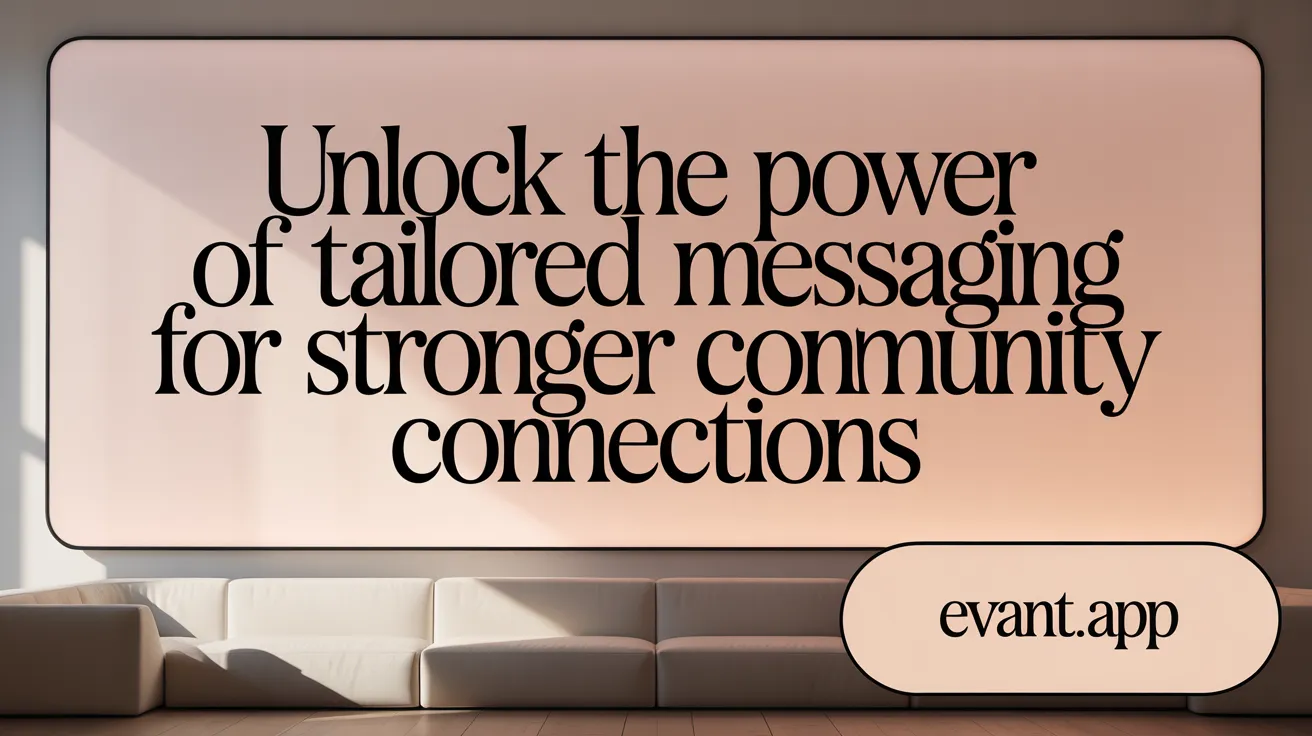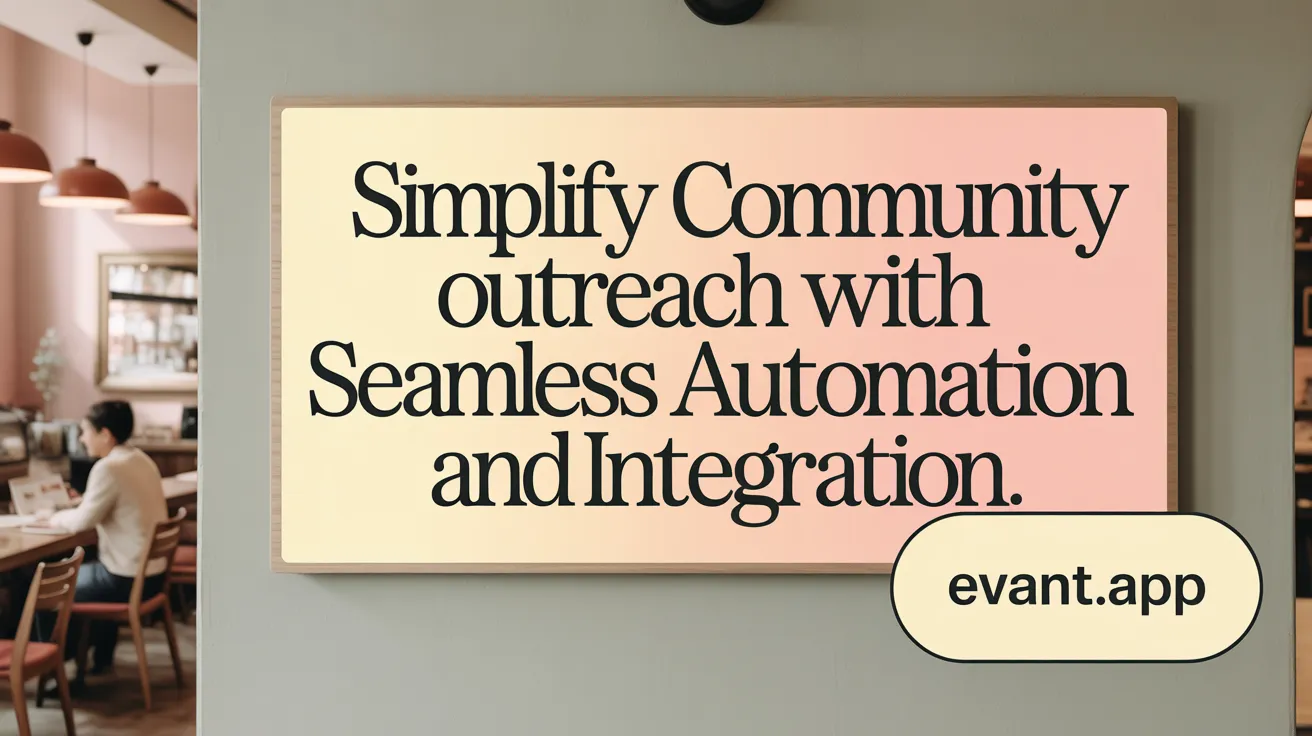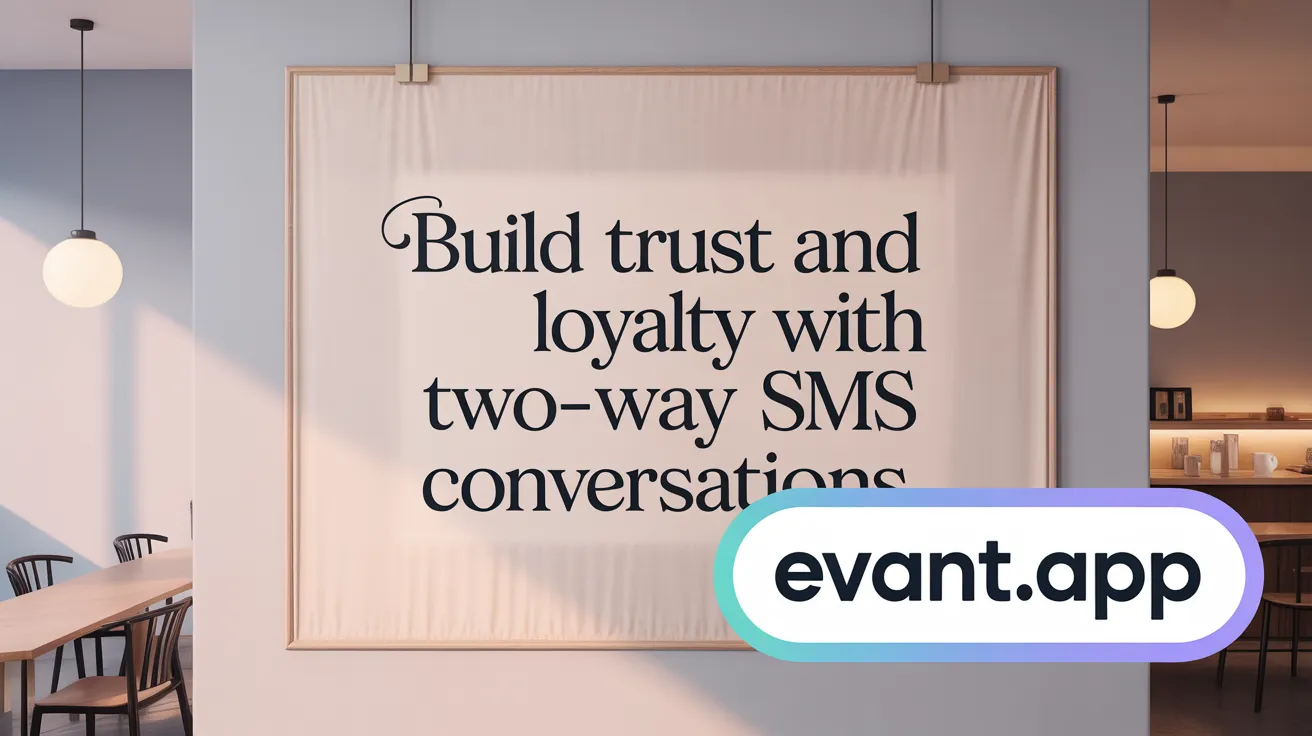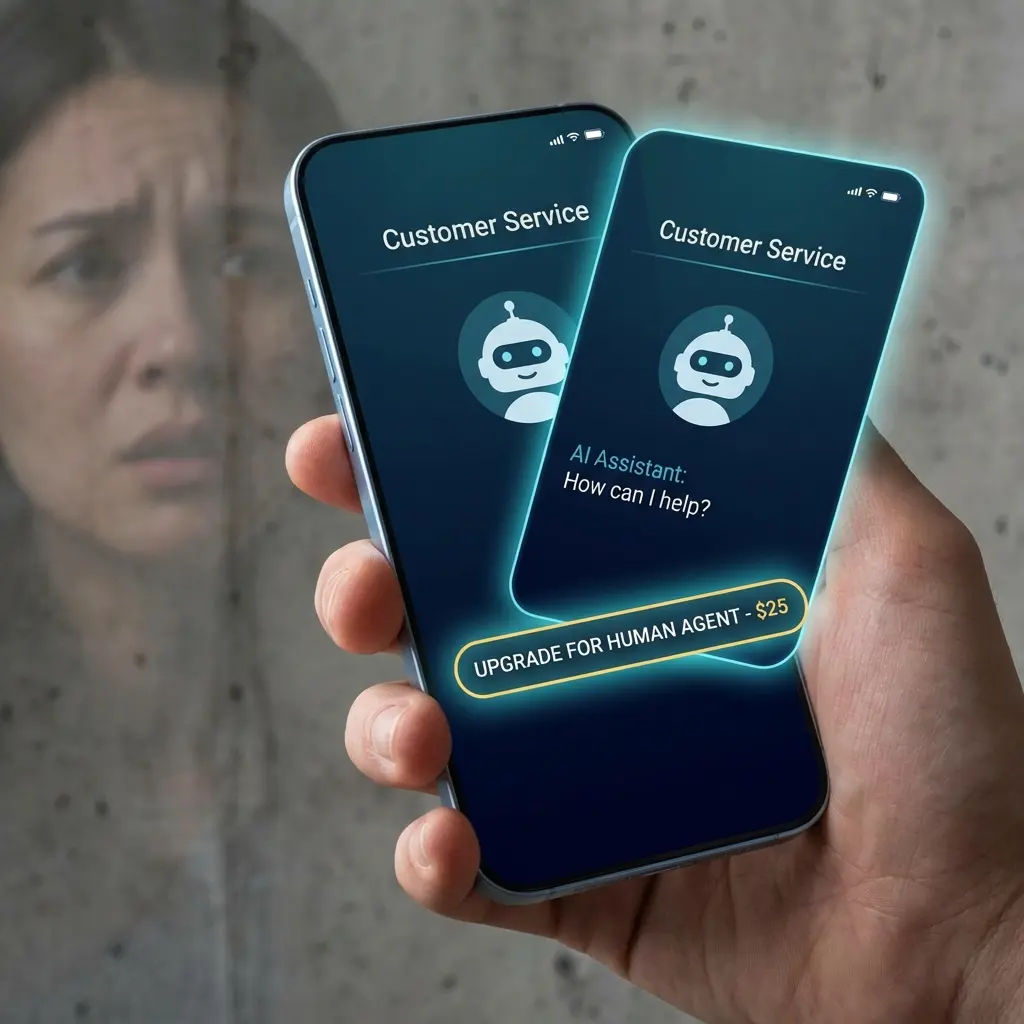The Rise of Personalized SMS in Community Engagement
Effectiveness of SMS Marketing
SMS marketing stands out as an exceptionally effective tool for community engagement due to its high open rates and rapid delivery.
With messages read by 98% of recipients, often within minutes, SMS ensures urgent communications such as event reminders and updates reach audiences instantly. This immediacy makes it ideal for nonprofits and educational groups aiming to maintain active, engaged communities.
High Open and Engagement Rates
The impressive 98-99% open rate of SMS far surpasses that of email, which hovers around 20-30%. Additionally, engagement through SMS exceeds other channels, with response rates up to 45%, enabling direct, two-way conversations.
Personalized SMS campaigns allow organizations to tailor messages based on recipient behavior, location, and past interactions. Incorporating segmenting and automation further enhances relevance, increasing participation and support.
Why SMS Is Crucial for Nonprofits and Educational Groups
Nonprofits leverage SMS for volunteer coordination, urgent fundraising appeals, event promotion, and donor stewardship, supported by platforms integrating CRM and donation systems.
Educational institutions use SMS for real-time notifications, appointment reminders, surveys, and emergency alerts, improving communication efficiency with students, parents, and staff.
By combining personalization with automation, SMS marketing helps these groups build trust, boost participation, and streamline event logistics, making it a vital modern communication strategy.
Harnessing Personalization: Crafting Messages That Resonate

Use of Rich Member Data for Hyper-Personalization
Personalized SMS marketing rely heavily on rich member data for personalization, including upload member purchase history, membership status targeting, donor levels SMS segmentation, and email engagement data records. By integrating this wealth of information, organizations can tailor messages that reflect supporters' past interactions and preferences. This hyper-personalization creates a more meaningful connection, boosting the relevance and impact of SMS communications.
Extracting Insights from Zero-Party Data
Zero-party data in SMS marketing is the information community members willingly share, such as preferences and feedback. Utilizing this openly provided data allows nonprofits and community groups to deliver tailored messages without guessing user needs. It strengthens trust by respecting privacy while ensuring communication aligns perfectly with the interests and expectations of recipients.
Segmenting Audiences by Behavior, Demographics, and Interests
Effective SMS marketing involves dividing the audience into segments based on demographics, engagement level, behavior, and interests. This audience segmentation for SMS ensures messaging speaks directly to relevant groups, enhancing open rates and participation. For example, sending volunteer-specific event updates or donor-level acknowledgments creates more personalized and engaging experiences.
Automation and Triggered Messaging for Timely Engagement
Automated SMS flows tools enable sending messages triggered by user actions or specific timing, such as welcoming new members or sending donation reminders. These response-triggered SMS flows allow for real-time, contextually relevant communication that feels personal and responsive. Combining automation with segmentation maximizes campaign efficiency and member satisfaction by promptly addressing individual needs.
By blending deep member insights, personal data sharing, audience segmentation, and automation, organizations can craft SMS messages that truly resonate, building stronger community ties and elevating engagement.
Automation and Integration: Streamlining Community Communication

Automated Flows for New and Existing Members
Automated SMS flows help organizations create personalized journeys for both new and returning community members. By setting rules based on individual behaviors, such as joining dates or past interactions, messages provide relevant personalized first impression SMS and ongoing engagement without manual input. For example, welcoming new members with tailored texts or re-engaging community via SMS fosters a natural, conversational SMS marketing tone that builds building trust with SMS and loyalty through SMS engagement.
Benefits of Integrating SMS with CRM and Platforms like Zapier
Connecting SMS platforms to CRMs and integration tools like Zapier integration for SMS streamlines onboarding and messaging. This integration allows organizations to upload rich member data for personalization—donation levels, event attendance, email engagement data—so SMS campaigns become truly personalized at scale. Automating data sync reduces errors and saves time, enabling targeted behavior-based messaging that responds to supporter actions in real time.
Reducing Manual Efforts Through Triggers and Clustering
Triggered text message campaigns automatically sends texts in response to specific events, such as new sign-ups or donations, while clustering in SMS campaigns groups similar contacts for tailored communication. This reduces the need for repetitive tasks, ensuring timely, relevant messages that increase engagement. Response-triggered SMS flows can handle inquiries or provide reminders, freeing teams to focus on strategy rather than logistics.
Multi-Channel Outreach Blending SMS with Social Media and Messaging Apps
Modern communication strategies combine SMS with channels like WhatsApp Marketing Integration, Instagram Messaging Campaigns, Facebook Messenger SMS Integration, and Apple Messages for Business Integration. This Multi-Channel Messaging Integration approach broadens reach and meets community members where they are most active. Unified platforms manage these channels together, facilitating coordinated campaigns and consistent messaging across touchpoints for stronger Community engagement with SMS.
Engaging at Every Stage: Event Promotion and Real-Time Updates via SMS

Using SMS for pre-event buzz, reminders, and RSVPs
SMS marketing shines during the lead-up to events by creating excitement and encouraging participation. Organizers can generate buzz with targeted SMS messaging offering early bird discounts, teasers, and invitations to RSVP using keywords or shortcodes. Personalized SMS reminders distributed before an event help increase attendance by sending timely alerts about dates, locations, and ticket links. Many nonprofits and educational institutions use these succinct, direct messages to build strong anticipation and keep events top of mind for their communities.
Real-time event communications including check-ins and last-minute updates
During events, SMS excels as a real-time communication tool. Messages with last-minute schedule changes, venue updates, or session highlights ensure attendees remain well-informed and engaged. SMS can facilitate smooth check-ins, provide VIP access notifications, and run live contests or prize draws to boost interaction. Platforms that offer automated, segmented, and two-way SMS enable organizers to respond quickly to attendee questions, logistics issues, or urgent announcements, maximizing a smooth event experience.
Post-event follow-ups and feedback collection
After the event, SMS remains vital to sustaining engagement. Organizations send thank-you texts, share event highlights, and solicit feedback through brief SMS surveys. These post-event messages help deepen connections, encourage future participation, and gather actionable insights to improve upcoming events. The high SMS read rate and response rates for SMS, often well above email, make it particularly effective for timely follow-ups and maintaining community momentum.
Case examples of nonprofits and educational institutions leveraging SMS for events
Nonprofits like those using EZ Texting and Textellent utilize SMS to send event RSVPs, reminders, and real-time updates that help increase turnout and donor involvement. Educational institutions adopt platforms such as Remind and Sinch Engage integrating SMS for mass messaging and personalized updates on event schedules, parent-teacher meetings, and emergency alerts. These successes underscore SMS as a budget-friendly, reliable channel for comprehensive event communication, from promotion to post-event engagement.
Two-Way Communication: Building Trust Through Conversational SMS

Facilitating direct feedback and support via SMS
Two-way SMS empowers organizations to engage in real-time conversations with their community members. This direct line allows nonprofits and schools to promptly address questions, provide support, and collect valuable feedback, fostering a more responsive and caring environment. Explore two-way SMS communication and Two-way SMS for community engagement.
Strengthening relationships with personal thank-you and milestone messages
Personalization enhances trust and loyalty. Sending individualized thank-you notes after events or acknowledging milestones such as anniversaries and donor contributions through SMS helps community members feel recognized and appreciated, strengthening their ties to the organization. Learn about sending personalized thank-you texts and Thank-You Messages via SMS.
Encouraging opt-ins and two-way dialogue for deeper connection
Successful SMS engagement begins with encouraging recipients to opt in to receive messages, creating consent-based communication channels. Two-way dialogue via SMS invites ongoing interaction, allowing organizations to cultivate meaningful conversations rather than just broadcasting announcements. See best practices for opt-in and opt-out SMS management and Building opt-ins and organizing groups via SMS.
Examples of nonprofit and school platforms enabling conversational SMS
Platforms like Textellent and Remind specialize in two-way SMS communication for nonprofits and educational institutions. Textellent offers automated campaigns, auto-replies, and integrations with over 800 apps to streamline interactions. Remind supports multilingual conversations and real-time messaging that promotes inclusive engagement among families and educators.
By leveraging two-way SMS, nonprofits and schools build stronger, authentic connections that nurture trust, improve responsiveness, and enhance community involvement.
Compliance and Best Practices: Ensuring Ethical and Effective SMS Campaigns
Obtaining and Managing Opt-in Consent
Nonprofits and educational institutions must secure explicit consent before sending SMS messages. Opt-in procedures ensure recipients agree to receive texts, complying with legal frameworks such as the TCPA and FERPA. Consent can be gained through online forms, event registrations, social media sign-ups, or in-person events, using memorable keywords and clear disclosures about message frequency and purpose. For detailed guidance, see SMS marketing regulations.
Compliance with TCPA, FERPA, and Other Regulations
The Telephone Consumer Protection Act (TCPA) regulates SMS marketing to protect consumers from unsolicited messages. Educational communications must also align with FERPA for privacy protection. Platforms used should support compliance with these laws by ensuring opt-in and opt-out management and secure data handling, preserving trust and legal safety. Learn more about TCPA compliance in text messaging and Compliance with FERPA and TCPA.
Maintaining Clear Opt-out Options and Message Frequency Management
Every SMS must include straightforward opt-out instructions to empower recipients to easily unsubscribe at any time. Managing message frequency is essential to prevent fatigue and maintain engagement. Timing messages appropriately encourages responsiveness while avoiding overwhelming recipients. Explore best practices for SMS Legal Compliance for Nonprofits and effective opt-in and opt-out SMS management.
Balancing Concise Messaging with Calls to Action for Best Engagement
SMS content should be succinct, respecting the 160-character limitation, while delivering clear, compelling calls to action. Focusing on one call to action per message maximizes response rates. Personalizing messages with recipients' names and relevant information also enhances impact and connection. For tips on personalization, see Personalization in SMS campaigns and Personalize text messaging campaigns.
By integrating these best practices, organizations foster respectful communication that maximizes engagement and builds lasting relationships with their communities through SMS. For more details, visit SMS marketing for nonprofits and Mass texting service for nonprofits.
Leveraging Analytics: Measuring Impact and Refining SMS Campaigns
Tracking Delivery, Open, Click-Through, Reply, and Opt-Out Rates
Measuring the success of SMS campaigns begins with tracking core metrics such as message delivery, open rates, click-through rates, replies, and opt-out rates. These insights reveal how many messages reach their recipients, how quickly they’re opened—often within minutes—and how recipients interact by clicking links or responding. Monitoring opt-out rates helps organizations adjust frequency and content to maintain supporter trust (SMS marketing open rate).
Using Analytics to Segment and Personalise Further
Analytics empower organizations to refine segmentation strategies by identifying which groups engage most actively. For example, nonprofits can segment supporters based on donation history or event attendance, delivering tailored messages that resonate more personally. This targeted outreach improves engagement rates, donor retention, and effectiveness of calls to action (audience segmentation in SMS, Mass texting service for nonprofits).
Benefits of Real-Time Dashboards and Campaign Tracking
Platforms offering real-time dashboards provide immediate access to campaign performance, allowing timely adjustments. Coordinators can schedule messages, monitor responses as events unfold, and respond to engagement patterns instantly, maximizing impact. This live feedback loop reduces manual work and ensures communications remain relevant and dynamic (Real-Time SMS Analytics, SMS read rates and effectiveness, SMS analytics for nonprofits).
Examples of Platforms Offering Powerful SMS Analytics for Nonprofits and Education
Several providers excel in SMS analytics tailored to community needs. Textedly and Textellent deliver comprehensive reporting tools with segmentation, automation, and two-way messaging (Textedly SMS platform, Textellent automation platform). For educational institutions, platforms like Sinch Engage and Remind offer real-time delivery status, engagement tracking, and compliance support (Sinch Engage messaging platform, Remind Hub platform). These tools integrate seamlessly with CRMs and fundraising systems, enabling holistic supporter management and personalized communication (CRM integration for nonprofits, Salesforce and SMS integration).
By leveraging analytics tools effectively, organizations can transform raw data into actionable strategies that enhance community engagement, boost event participation, and strengthen relationships through personalized, data-driven SMS campaigns (Personalized SMS marketing, Effective SMS communication).
Building and Growing Opt-In Communities: Strategies for List Expansion
How can organizations effectively build and expand their SMS subscriber lists?
Building an opt-in SMS community begins with offering multiple, easy ways for supporters to subscribe. Organizations use keywords sent to short or long codes to simplify joining via text. This method, known as Text-to-Join, is highly effective for spontaneous sign-ups, especially when promoted on social media, emails, and event materials.
Embedding sign-up links in email footers and social media profiles also facilitates subscriber growth. In-person sign-up forms at events or physical locations help capture attention from engaged audiences who may prefer direct, face-to-face connection.
Specialized landing pages designed for SMS sign-ups provide a mobile-optimized experience that encourages visitors to opt in. These pages can integrate with CRM systems, ensuring subscribers automatically enter the right segments for personalized messaging. For an overview of Personalized SMS marketing and integration tips, consider resources on SMS and email marketing synergy and Email and SMS marketing for community building.
Why is opt-in management vital for trust and message delivery?
Managing subscriber consent carefully is crucial for compliance with regulations such as the TCPA and for maintaining trust. Clear opt-in processes reassure supporters that they will receive relevant communications without being overwhelmed. See best practices on Legal SMS Consent for Nonprofits and SMS marketing regulations.
Proper opt-in management reduces opt-out rates, improves deliverability, and prevents messages from being flagged as spam. Platforms often provide tools to automate consent tracking and allow users simple opt-out options, reinforcing transparency. Explore solutions offering Opt-in and opt-out SMS management and TCPA compliance in text messaging.
What strategies help nurture and engage SMS subscriber lists?
Maintaining engagement is as important as building a list. Automated welcome messages tailored through behavioral triggers create positive first impressions. Regularly scheduled, personalized content like event invites, donation reminders, and appreciation messages help keep subscribers interested.
Segmenting audiences based on interests, donation history, or volunteer involvement enhances relevance, ensuring subscribers receive messages they find valuable. Incorporating two-way SMS allows organizations to gather feedback, provide support, and foster community dialogue.
Offering exclusive perks and updates creates a sense of belonging, encouraging ongoing participation. Continuous measurement of engagement metrics guides optimization for better results and stronger community bonds.
By blending technology-enabled sign-up channels, responsible opt-in management, and meaningful engagement tactics, nonprofits and educational institutions can effectively build and grow vibrant SMS communities.
The Future of SMS in Community Ties: AI, RCS, and Enhanced Engagement
Emerging AI-driven personalization and message optimization
Artificial intelligence is revolutionizing SMS marketing by enabling hyper-Personalized SMS marketing at scale. AI-powered tools now analyze community member data like past interactions, preferences, and engagement patterns to craft tailor-made messages, enhancing relevance and connection. These AI capabilities enable Automated SMS campaigns, sentiment analysis, and optimized send times, resulting in stronger engagement and response rates.
Transition to RCS with richer media and interactive features
SMS is evolving towards Rich Communication Services (RCS), which integrates multimedia content such as images, videos, QR codes, and interactive elements directly within messages. RCS facilitates conversational features like group chats and read receipts, offering a more immersive and interactive community experience. This shift helps organizations foster natural, conversational interactions that build deeper trust and loyalty among members.
Multi-language support and accessibility enhancements
Modern SMS platforms increasingly incorporate multi-language capabilities, using AI-based Automatic translation in 90+ languages to break down language barriers. This ensures messages are accessible and inclusive for diverse community members, improving comprehension and participation. Features like voice-enabled SMS and compatibility with various devices further enhance outreach to broader audiences.
Integration of SMS with broader digital marketing ecosystems
SMS is becoming a core component within larger digital marketing strategies. Integration with social media, email marketing, CRM systems, and fundraising platforms streamlines communication workflows and provides cohesive multi-channel engagement. Platforms supporting API connections and automation tools like Zapier integration for SMS allow real-time data synchronization, targeted messaging, and comprehensive campaign analytics, enabling nonprofits and communities to maximize their outreach impact efficiently.
Personalized SMS: A Catalyst for Community Loyalty and Growth
Harnessing the Power of Personalized SMS Campaigns
Personalized SMS campaigns offer unmatched power in engaging community members by tailoring messages based on individual behaviors, past interactions, and preferences. Utilizing zero-party data—information willingly provided by members—enhances message relevance, creating meaningful first impressions and ongoing conversations that feel natural and trustworthy.
Smart Strategies to Boost Your SMS Impact
Adopting automation tools enables organizations to create targeted flows—welcoming new members with personalized greetings, acknowledging milestones, and sending tailored reminders. Segmenting audiences by interests or engagement history sharpens communication, increasing responsiveness. Integrations with platforms like Zapier facilitate seamless onboarding and reduce manual workload, empowering nonprofits to run efficient, scalable campaigns.
Building Enduring Community Connections through SMS
SMS fosters lasting bonds by encouraging two-way communication, enabling direct feedback, and promoting transparency. With high open rates and rapid read times, SMS serves as an ideal channel for sharing timely updates, recognizing member contributions, and rallying support around causes and events. When personalized and strategically deployed, SMS transforms casual participants into loyal advocates, strengthening community growth and sustainability.
Related Blogs


How Community Churches Should Leverage SMS to Boost Engagement
Michael PedoeemStruggling with low church attendance? Discover how to leverage SMS to reach 98% of your congregation instantly and review the top 5 church communication platforms.


SMS for Churches: A Guide to Better Engagement
Michael PedoeemLearn how SMS for churches can boost engagement, improve communication, and streamline event management. Discover best practices for church texting today.
Ready to transform your community










